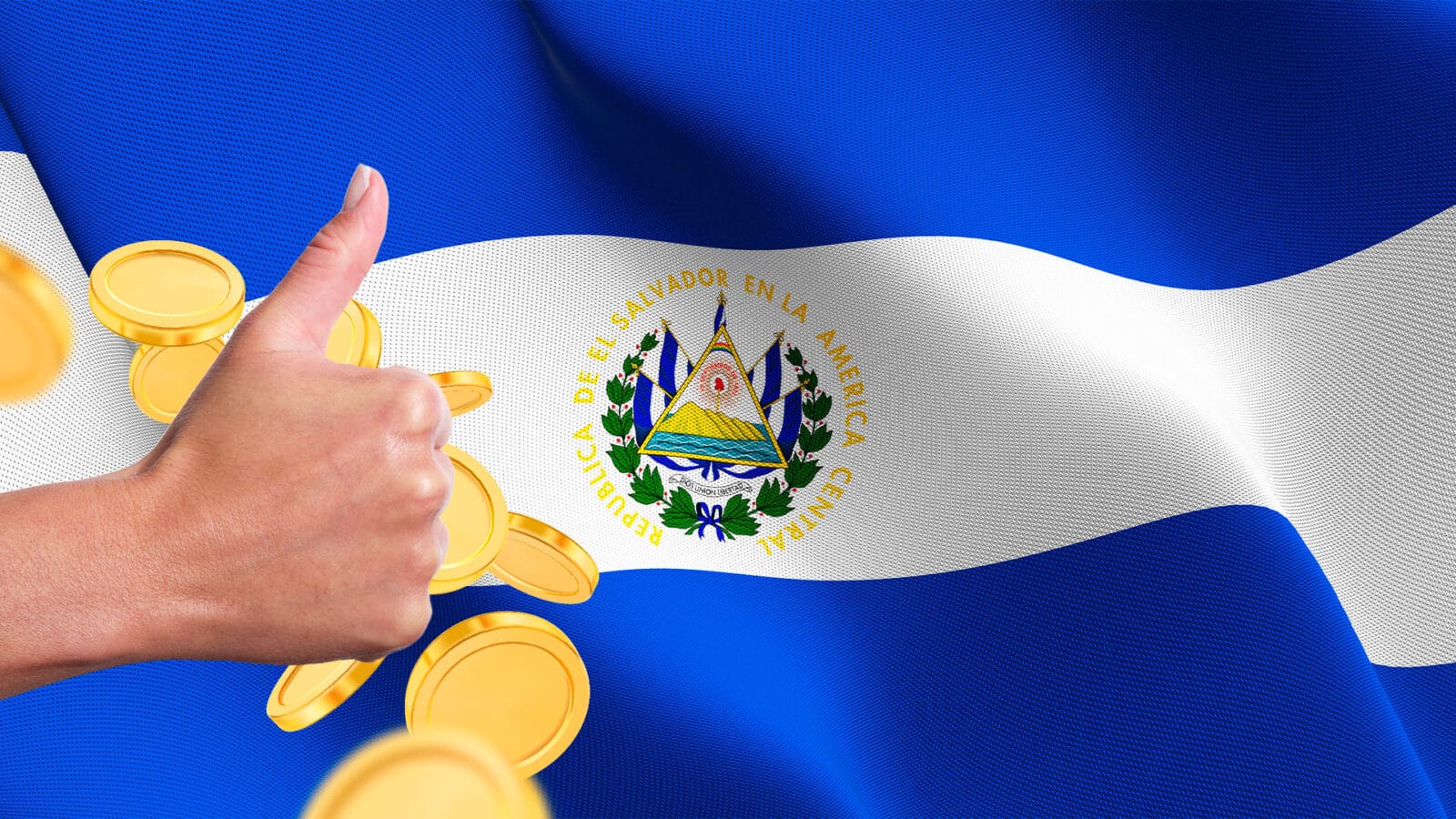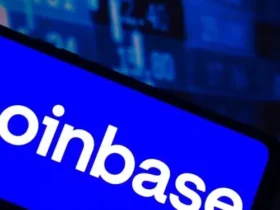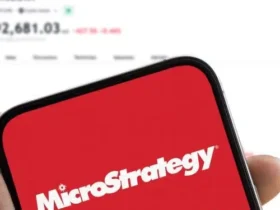Following the launch of the bond buyback of El Salvador’s external debt, announced last Friday by President Nayib Bukele, Santander Corporate & Investment Banking, the business division of the Spanish bank Santander, described the offer as “very ambitious.”
In a report titled “El Salvador: willingness to pay” that was shared by Bukele in Xanalysts at the financial institution said the government’s strategy represents a safer approach to potential medium-term savings.
“This is perhaps not surprising considering the various buyback transactions since 2022,” the report adds. However, it highlights the fact that the strategy has changed. “The Government is targeting not only short tenors, but has shifted to longer tenors and is offering a higher premium to target deeper discount bonds.”
In its offer, the government indicated that it will finance the purchase of the bonds through a loan with the investment bank JPMorgan Chase Bank, NA An announcement that, for Santander, deviates from the mechanism used in the last buyback carried out last April, when bonds maturing between 2025 and 2019 were offered for 486.7 million dollars.
For the financial institution, this fact reinforces confidence in the country’s ability to manage its debtwhich has become the central axis of Bukele’s policies. The successive debt buybacks are thus considered to reaffirm the government’s “will to pay.”
Everything points to the signing of the agreement with the IMF
However, Santander evaluates the anticipated fiscal austerity applied by the Salvadoran government as something “unusual”, in the midst of negotiations with the International Monetary Fund (IMF).
At this point, analysts assure that “there is no way to confirm the exact status of the Bukele government’s negotiations with the international organization.” They refer to recent statements by both parties, which seem to indicate that differences persist regarding the adoption of bitcoin (BTC).
The bank’s analysis recalled that in its latest statements, the IMF reiterated that the issue of bitcoin “is key” to making the decision to implement a financing program in El Salvador. Meanwhile, the Minister of Finance, Jerson Posada, considers that the draft debt-free budget, presented on September 30, is a firm step towards signing an agreement.

By evaluating both points of view, Santander believes that the situation points to the implementation of an IMF program “sooner rather than later”. It indicates in this sense that fiscal discipline is the “anchor” for growth, the attraction of foreign direct investment in the medium term, the payment of debt and credit at lower rates. All this, through an improvement in the credit rating.
In this way, the financial entity affirms that the bet promoted by Bukele positions El Salvador in international markets and generates greater confidence among investors. An idea that he has held since last year, when he highlighted the important role that bitcoin plays in the economic transformation of the countrynot only because it attracts visitors but because it generates increases in income.
As reported by CriptoNoticias, holders of El Salvador bonds, with maturities between 2027 and 2052, will be able to make offers to the State for their liquidation until this October 10. The total to be offered for the debt bonds amounts to around 7.2 billion dollars. With prices per voucher ranging from USD 24 to USD 1,015.
Bloomberg data show that bonds recovered after Bukele’s announcement. Regarding this, James Bosworth, founder of the political risk analysis firm Hxagon, declared to that medium that El Salvador bonds are attractive due to its high potential returns.
“El Salvador is a risky investment, but it is high risk and high reward, and investors like what they can gain from the risk,” Bosworth said. He concludes that “many investors are convinced that Bukele has the funds to pay the debt and the popularity to boost budgets necessary to ensure that the country’s financial stability remains strong.






Leave a Reply